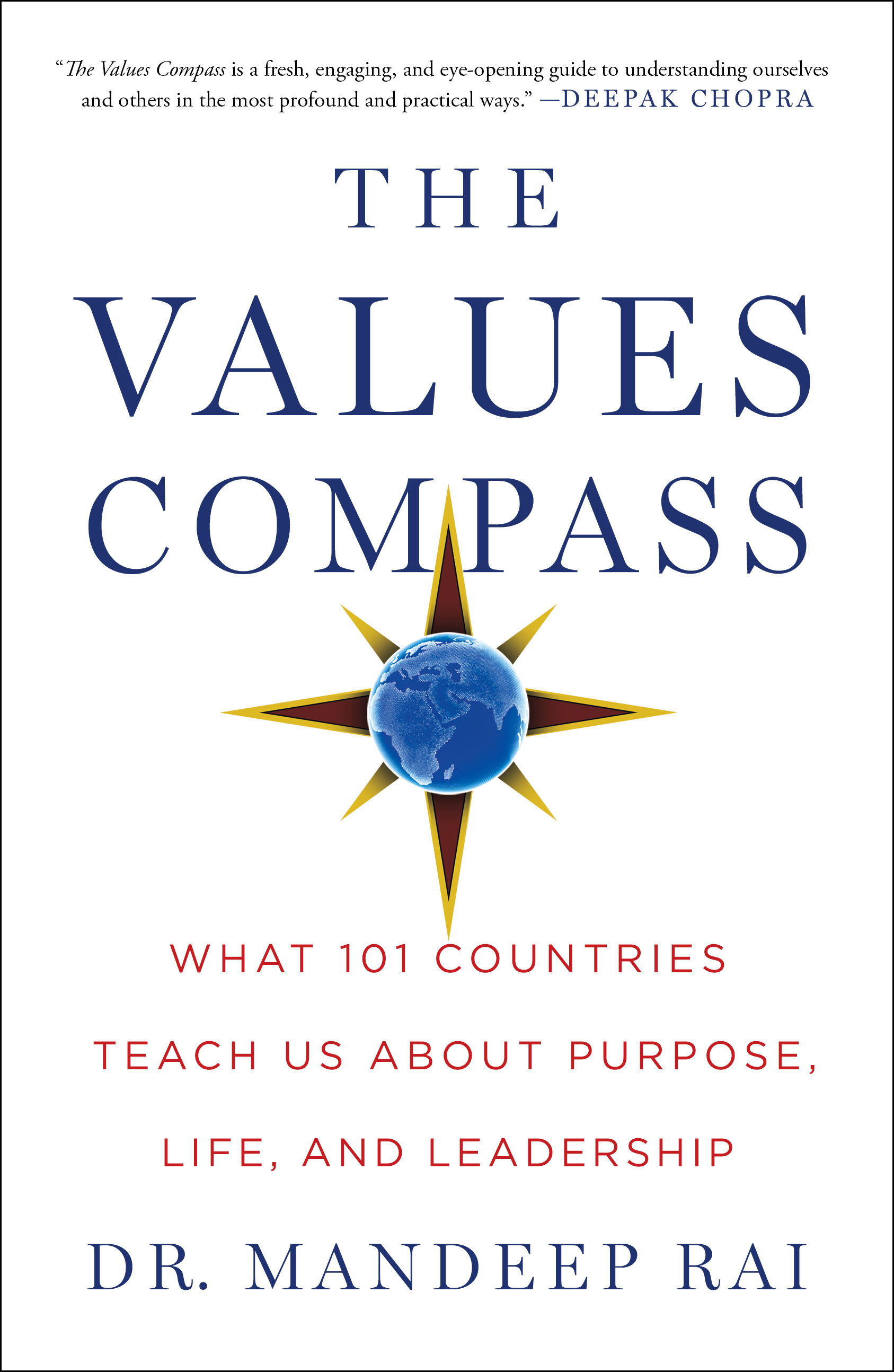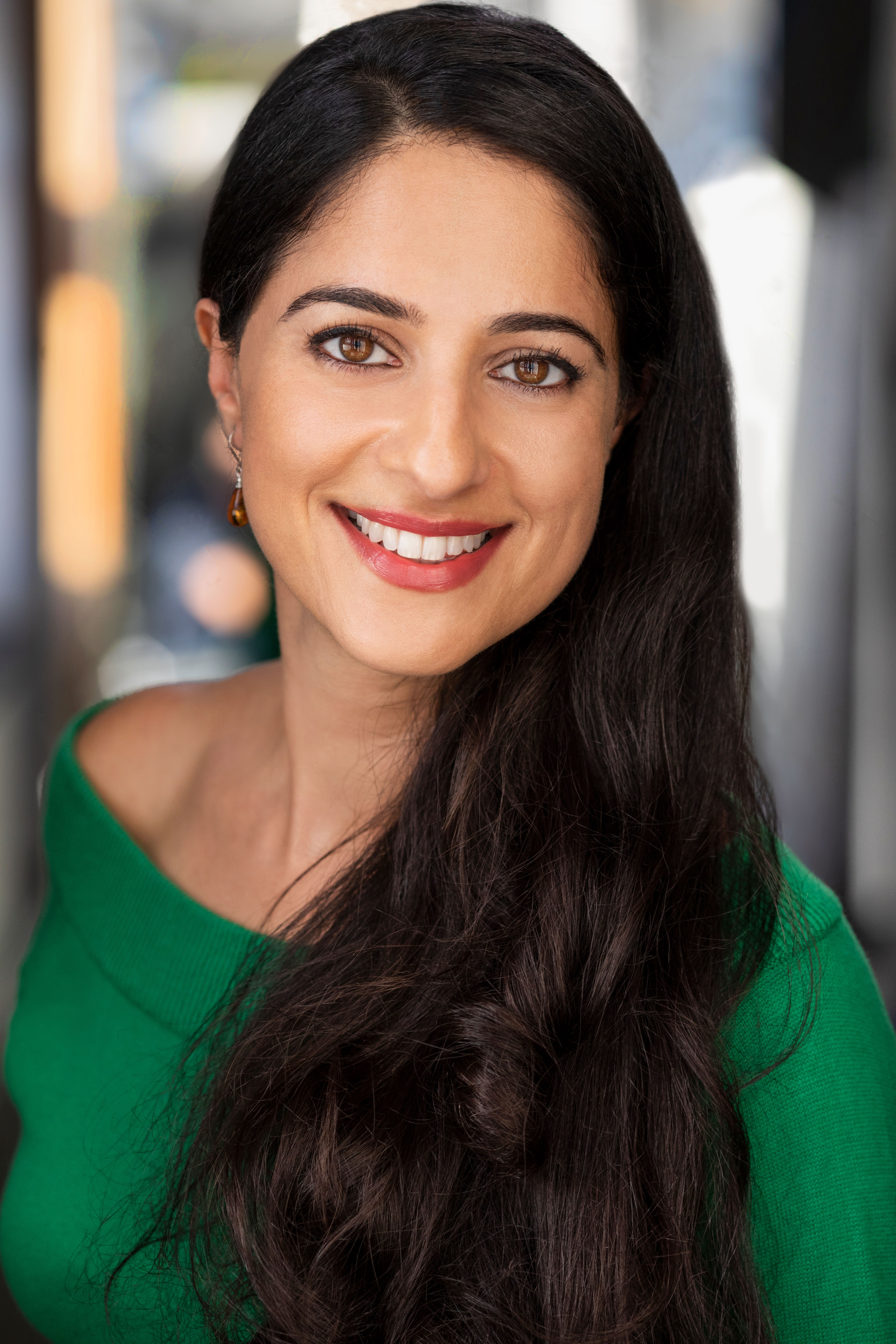“Who will want to marry you if you go there?”
The moment the word “Oxford” passed my lips, my mother was immediately and implacably on the warpath. It was from there I had just returned, after an unsanctioned trip in my parents’ car for an interview at the university.
Many parents might have expressed support or encouragement, or even pride. But not my mother. To her, a name like Oxford epitomized the British ruling class: the people who had changed her native India so much during the Raj, and were ultimately responsible for her ending up in a place where she was alienated, alone, and the frequent victim of violent racial abuse. She envisioned losing me, her best and only friend in our village, to a place where I would become exposed to drugs, and end up marrying an upper-class white boy called Sebastian.
Marriage. At eighteen, it felt like a cage to be avoided as long as possible: the end of freedom and happiness. Then as now, what I valued most was the power to set the course of my own life, not to be constrained by the expectations of others. For my mother, nothing was more important than that I be married off in the right time and to the right kind of boy: a Sikh, preferably from Punjab, with the appropriate creed, background, and parentage. Both of us feared most what the other desperately wanted. It was the first time in my life I really understood the importance of values. For her, family and heritage held sway. I was moved by the desire for freedom, exploration, and a thirst for knowledge. We both wanted the best for me, but we couldn’t agree on what that was. Our starting points and basic assumptions had become irreconcilable. Our values were in conflict.
All of us will have moments like this in our life, where the choices, challenges, or opportunities facing us reveal something important about our character, desires, and personality. A decision about whether to prioritize professional aims or family needs; to pursue the best paid job or the most meaningful; to do the things we want, or those that support our health and well-being. We face big, defining decisions, but also a constant drumbeat of choices about how to spend our time. Every day we are making decisions that set both the short and long term course of our lives. Whether we acknowledge it or not, these decisions are being steered by the principles we believe in and consider to be the most important: values are working away in our subconscious.
Many of us constantly question how to be our best selves, and live the most fulfilling version of our lives. Those conundrums are hard to answer without an appreciation of values. You need to understand your own values and those that are held dear by your core people, the company you work in and the community you live in. Values hold the key to so many of the things we aspire to. Quite simply, they are the foundation of our entire lives: the lasting and fundamental beliefs we hold and act against, however our circumstances change.
Everything else — the decisions we make, the ambitions we nurture, the relationships we build is simply a representation and amplification of our fundamental values. Our values are running our lives, yet not enough of us understand what they are, their power, and how we can use them. The more we know and understand them, the more clarity we have over what matters to us, and the more confidence we gain in making decisions toward that end. We need to know our values to better understand ourselves and what motivates us. And we need to appreciate the values of the people in our lives, to see the world through their eyes and help us to build sustainable and harmonious relationships.
Values represent the aggregation of our life experiences, personal aspirations, family inheritance, and cultural grounding. They determine the career, the partner, the lifestyle, and the goals that we all choose. And they set the limits on what we believe to be acceptable, fair, and just. We all have a fundamental personal code that we carry through life, and its language is values. A value is something that affects how we see the world.

Excerpted from The Values Compass by Dr. Mandeep Rai with permission from the author and publisher.
Follow us here and subscribe here for all the latest news on how you can keep Thriving.
Stay up to date or catch-up on all our podcasts with Arianna Huffington here.


